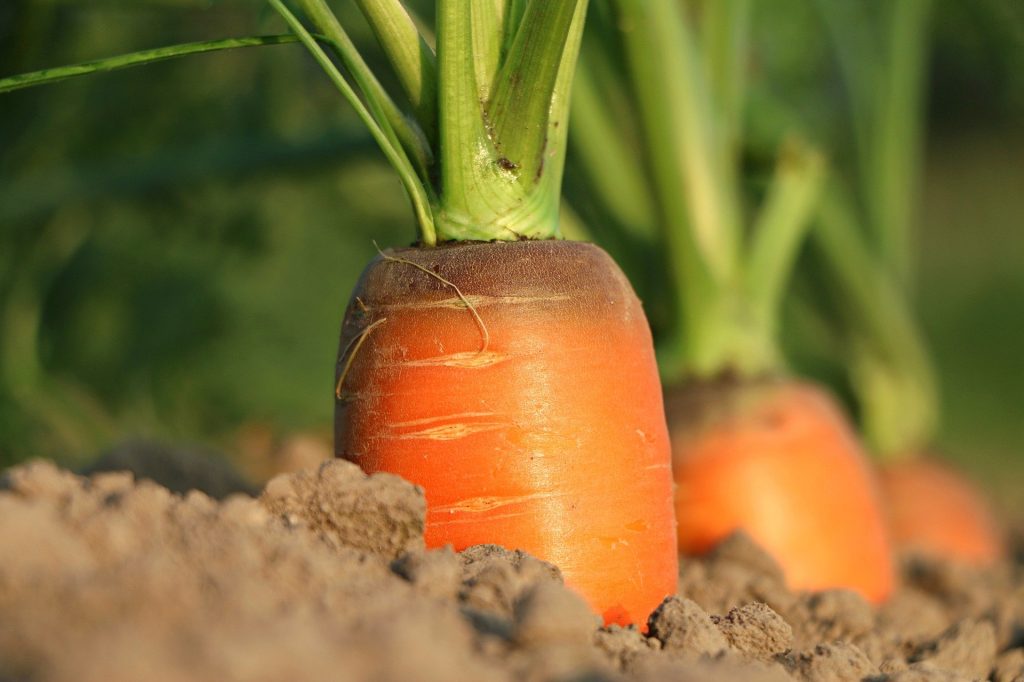As Poslovni Dnevnik/Marta Duic writes, this year, the Faculty of Agrobiotechnical Sciences (FAZOS) and the Faculty of Electrical Engineering, Computing and Information Technologies (FERIT) in the City of Osijek are enrolling the first generation of students in the graduate university study of Digital Agriculture.
It is a study with the participation of professors and lecturers from abroad, classes will be held in English, and enrollment is possible until the 11th of October, 2021. There are 20 more places available, and in the first year, everyone will be exempt from tuition fees and will learn how to improve agricultural production in Croatia, but also in the world, in a unique study for future jobs.
According to Zdenko Loncaric, the vice dean for teaching and quality management of FAZOS, the study is for those who have completed agronomy, food technology, forestry, nutrition, biology, computer science, economics and other studies in these areas.
“By launching this study, Croatia has the opportunity to position itself as a centre of excellence for digital agriculture. It’s significant that it opened in Slavonia, our most important agricultural region, with huge potential for further development, which, unfortunately, was underused due to huge levels of emigration. That said, I’m convinced that, thanks to the occupations and skills that can be acquired in this study, the negative demographic trend can slow down and place Slavonia back among the ranks of some of the most important food producers in the EU. The study is in English because it is primarily intended for students from abroad, but also because of the professors we have included in the programme. Although the coronavirus pandemic made internationalisation more difficult, a dozen professors from abroad have already been included in the study,” Loncaric revealed when discussing the Osijek International Digital Agriculture study’s foundations
The partner of the Digital Agriculture studio is the very well known and respected Agrivi, a Croatian technology company that will offer scholarships and provide jobs to the best of the first generation of students.
Matija Zulj, founder and director of Agrivi, explained that digitalisation can significantly increase the productivity of agricultural production, improve local self-sufficiency, increase farmers’ earnings, and give consumers a completely transparent insight into the process of food production.
“In our company, we’re constantly looking for experts with knowledge of digital agriculture, who will work not only on the digitalisation of agriculture in Croatia, but on projects of digital transformation with some of the largest global food producers,” concluded Zulj.
For more on Croatian agriculture, make sure to check out our dedicated business section.









